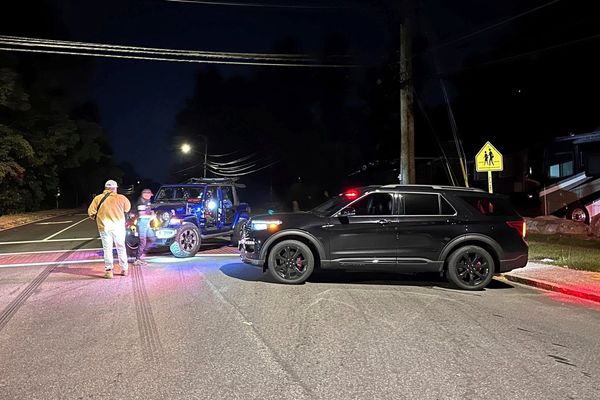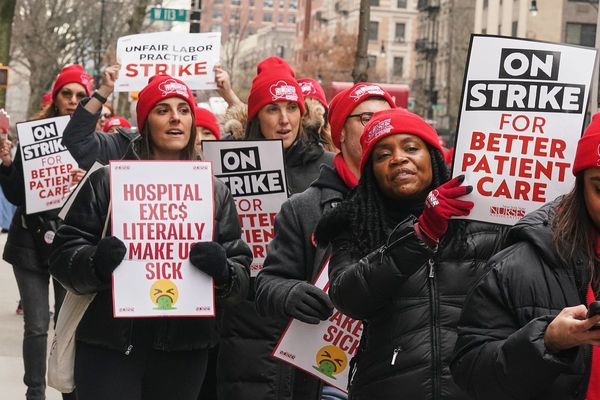
Having fun is big business. Without the factories and mills that first drew hundreds of thousands to towns and cities, today’s modern metropolis is expected to sustain itself and its residents through the manufacturing of leisure and the commodification of a good time. The zeitgeist phrasing is telling: the night-time is now its own economy – one worth an estimated £66bn in the UK. Cities are no longer expected to sleep – sleep is wasted consumption time, after all. But from nightclubs to pubs and restaurants, the story being told about British nightlife is clear: it is in deep trouble.
A report published this month by the Night Time Industries Association (NTIA) looked into the economic and cultural impact of electronic music in Britain, and found that – while it is thriving on digital platforms, at festivals and in terms of global impact – the bricks-and-mortar world of clubland is in crisis. And what is dance music without any dancefloors?
Nationwide, the report found, the number of nightclubs has fallen by 396 since March 2020, almost a third of its pre-pandemic total of 1,283. In the capital, this has been tied into a Conservative election-year narrative about Sadiq Khan’s failures as mayor, and the “annihilation of London’s party scene”, as a Daily Mail headline put it this week.
It’s true that walking through central London in 2024 can feel like navigating a bleak, postmodern satire of the thrills of urban spontaneity: ballpit bars and escape rooms for contrived office socials; expensive, ticketed mega-events; and security guards cosplaying as cops, moving civilians on from heavily surveilled POPS, or privately-owned public spaces. This Easter, Soho will play host to The Art of Going Out, a “world-first immersive art experience” dedicated to the idea of a night out – while actual pubs and bars in the area struggle to stay open.
However, it is a bizarre kind of black-sky thinking to complain that London’s nightlife has been annihilated, or that “UK clubs will be extinct by 2030”, as one recent headline in fashion magazine Dazed wailed.
From a cursory count on Google Maps, there are 17 pubs or bars in my part of south London open until at least midnight on Saturday night, many of which have dancefloors and DJs, and after that scores more clubs open until the early hours. In the teeth of great challenges, new venues open all the time. My current favourite London clubs, Ormside Projects, Venue MOT and The Carpet Shop, are all grassroots, unshowy venues with brilliant sound systems and relaxed atmospheres, and all opened in the last decade – The Carpet Shop, only 18 months ago.
In big cities, specific venues are more at risk than others. Black and Latin music venues can face particular challenges, Southwark councillor Kimberly McIntosh tells me. Concerted campaigns by new residents of expensive apartment blocks against two late-night venues in the borough, broadly attracting “more recent migrants”, surprised her in their relentlessness – and flew under the radar in a way that the battle to save the famous superclub Fabric did not. “A lot of the complaints that came through were racially coded,” McIntosh tells me.
Nightclub venue numbers are indeed down dramatically across Britain, but a disproportionate focus on the capital and large cities, where a certain amount of flux, churn and exhaustion have always characterised an ever-evolving club scene, masks the areas that are truly in danger. The worst impact has been felt in towns – only this week, Wigan institution Indiependence shut its doors after more than 20 years – which the NTIA report says account for more than half of the losses nationwide. It is the high street club in the small town that has been struggling the most with the impact of Covid, soaring costs and a public whose disposable income has been hammered in the last few years.
Nightlife is not universally suffering. Alcohol takings at large venues (theatres, arenas, sports arenas) increased by a remarkable 18.8% since 2019. At bars, that figure is 11.5%, so perhaps this is also a story of the dancefloor being cannibalised by different types of night out: by festivals, big gigs, sporting events and bars.
A rich, varied and accessible cultural and social life for all is something urban planners, policy wonks and politicians have a responsibility to help cultivate. But if we care about resisting the blandifying effects of gentrification and rentier capitalism on our cities and towns, we have to do our bit too. A thriving club scene means showing up for it both on and off the dancefloor – participating rather than merely spectating.
As the Butterz label co-founder and grassroots music guru Elijah wrote on X this week: “Some Londoners think about nightlife as something that needs to be good by default, not made good by themselves or the way they engage with it.”
In other words: don’t mourn, rave! Rave, and get involved in the specific challenges in your local area. There are almost always small independent venues under threat that are desperate for public support: in need of advocates in battles with landlords, developers, nimby residents and local authority hearings and public consultations.
Whether or not you consider your dancefloor days to be in the past, I would encourage everyone to join in the demand: give us bread, but give us bangers too.
Dan Hancox is a freelance journalist, focusing on music, politics, cities and culture. His new book, Multitudes: How Crowds Made The Modern World, is published later this year







